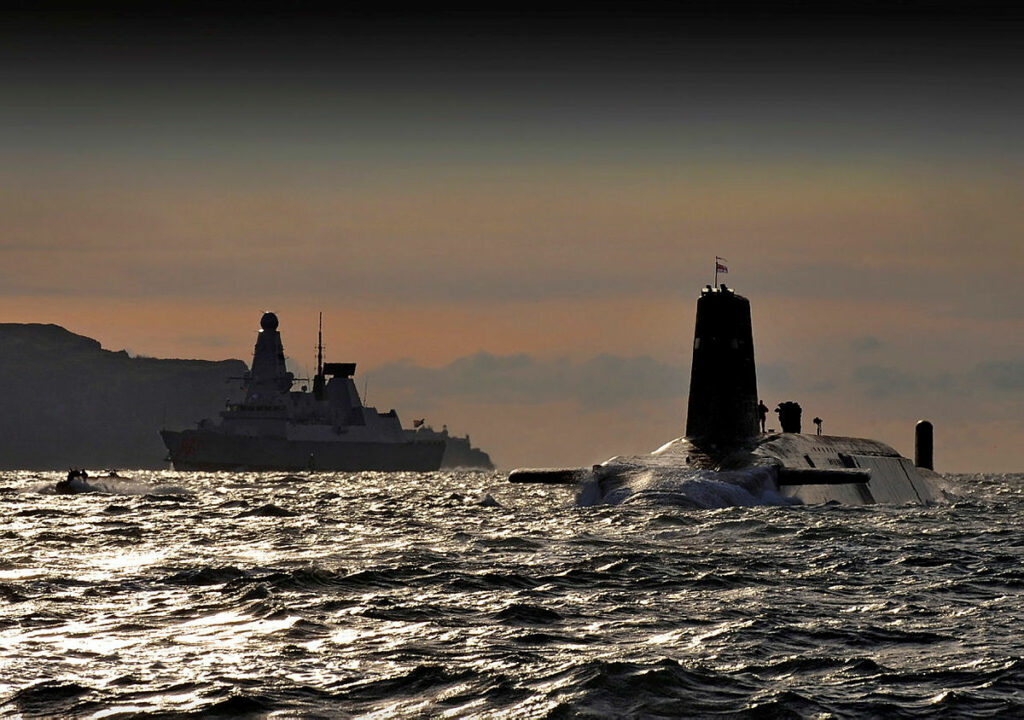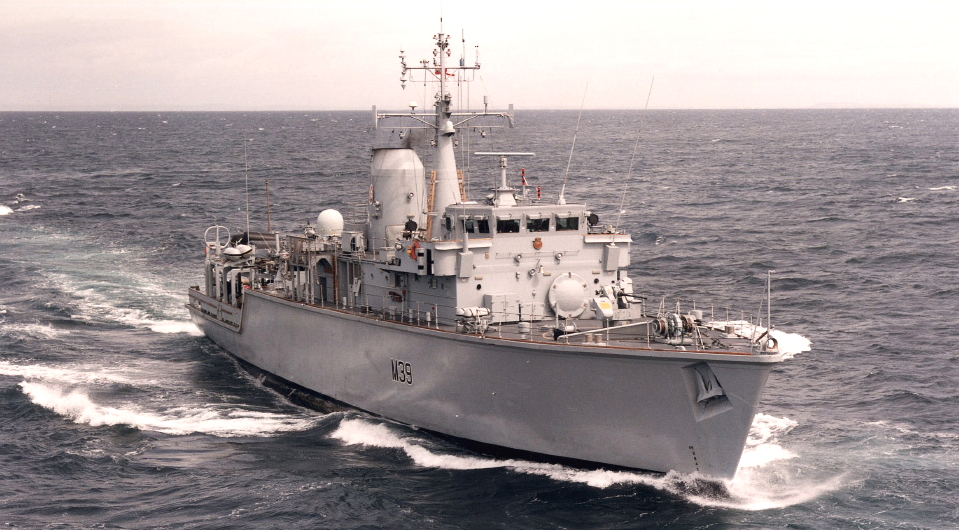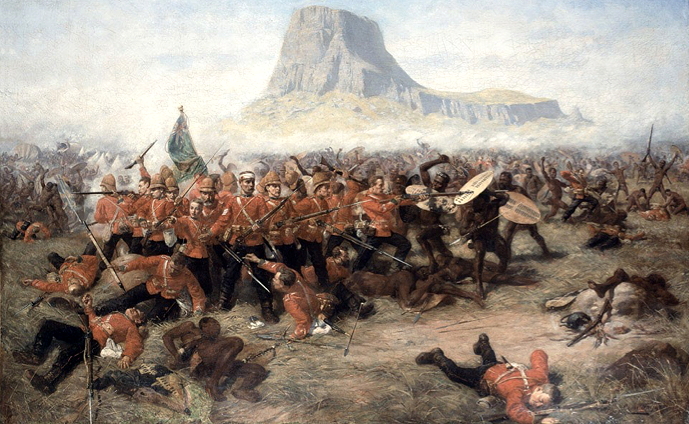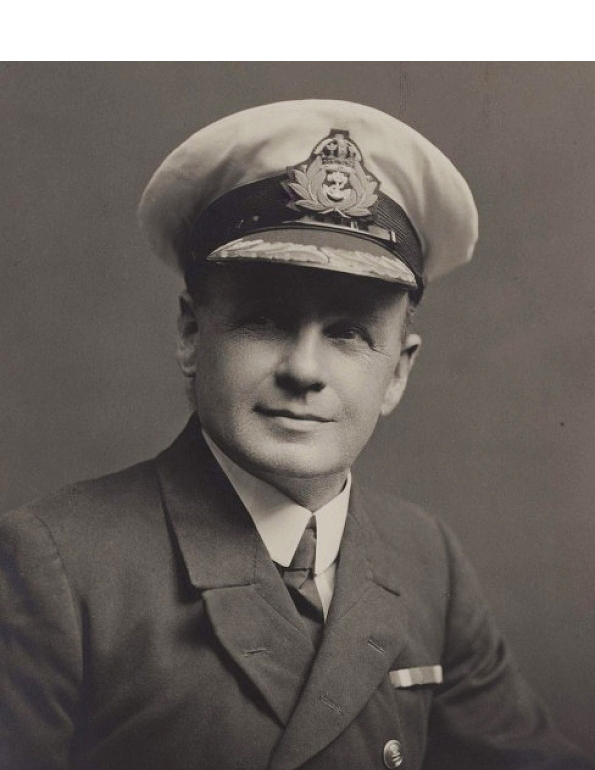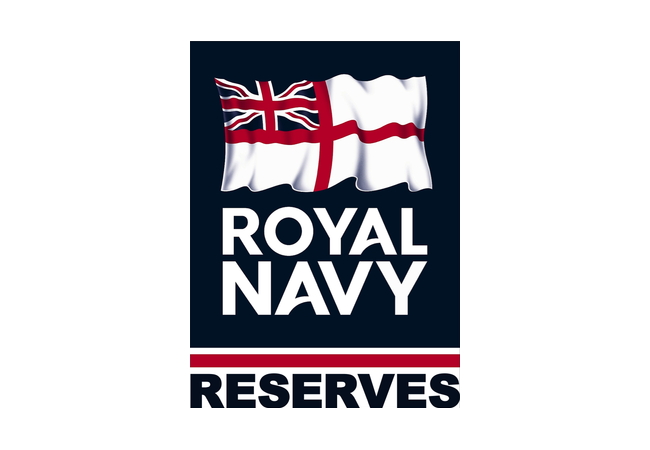
News & Views
News, Articles and Comment
The latest news and views in the UK Military Maritime Arena.
Showing all
The Strategic Choices for Defence
Ed. Jeremy Blackham considers the future of Britain’s strategic nuclear deterrent, and the difficult choices that will have to be made in an environment of increasing threats, tightening budgets, and relentless price-inflation. Originally published 28 February 2023 by CityForum (https://www.cityforum.co.uk/the-strategic-choices-for-defence-by-sir-jeremy-blackham/). A 20 minute read.
Modular Innovation: How NavyPods Could Revolutionize Mine Countermeasures in the Royal Navy
Ed. Naval practitioners have previously commented on the mission-focused desirability of warship modularity [NR 111/1, p. 34]. In this article, the author argues in favour of adopting the modular NavyPods technology concept aboard the Royal Navy’s Hunt-class Mine Countermeasure Vessels. A 10 minute read.
The Naval Brigades, Part 3: Armageddon – The Anglo-Zulu War
Ed. In this third instalment of his history of the Royal Navy’s Naval Brigades during the 19th century, the author reflects on the legacy of the Anglo-Zulu War of 1879, and demonstrates the lessons learned since the Crimean War. A 20 minute read.
Sir Samuel Bentham 1757-1831: Civil Architect and the First Engineer of the Royal Navy
Ed. Not too unlike the Hellenstic inventor Archimedes and his patron Hiero II of Syracuse, or 20th century technologists such as Bob Noyce and William Shockley, brothers Samuel and Jeremy Bentham were a pair of functionalist Georgian characters. While Jeremy is well known for his contributions to the Reform Movement and utilitarian philosophy, the younger brother Samuel, a prototypical early steam-era inventor and Royal Navy engineer, in the mold of predecessors such as Thomas Slade and Charles Middleton, or successors like Sir Robert Seppings and Sir Nathaniel Barnaby, is less well known. The authors herein examine Samuel Bentham’s life and work. A 30 minute read.
The Remarkable Story of Commander Charles Lightoller DSC & Bar RNR
Ed. By the Editor – Charles Lightoller’s story demonstrates the difference an individual can make during a crisis, given courage, versatility, commitment to duty – and a peculiar degree of luck. A 15 minute read.
The Maritime Reserves as niche technical enablers for the Royal Navy?
Ed. This essay argues that the Maritime Reserves (MR), despite a well understood requirement and being ideally situated to do so, are currently struggling to provide niche technical enablement to the RN. The author argues that reform of the current branch structure is necessary to allow the MR to make full use
of its nascent Science, Technology, Engineering & Mathematics (STEM)
expertise and excel in the provision of this much needed capability. A 10 minute read.

